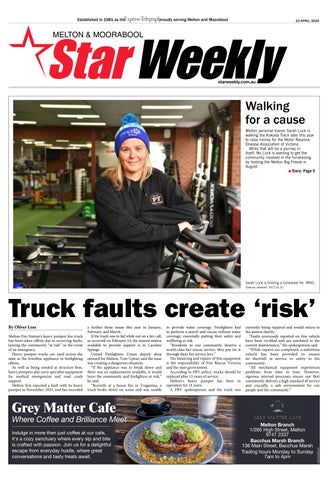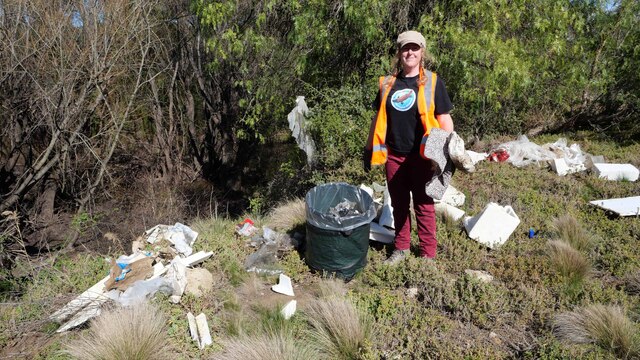THE owner of a Melton restaurant has defended a submission to a Senate committee in which he calls for weekend penalty rates to be abolished.
Taco Bill proprietor Phil Bowden said he could be forced to close his store on Sundays if penalty rates were not scrapped.
“Staff on Sundays can make up to $30 an hour,” he said. “It becomes a ridiculous hourly rate. We don’t open on public holidays as the rate goes up to about $50 an hour.”
In a submission to an inquiry into the Fair Work Amendment Bill, Mr Bowden said he was employing fewer than 20 full-time-equivalent employees. “My labour costs have blown out since the introduction of the Restaurant Industry Award regulating wages and penalty rates.
“If penalty rates were abolished not only would my business be more viable on weekends, I would consider employing more casual employees.
“Consumers expect restaurants and cafes to trade 24/7, yet this can only be achieved if it is commercially viable to trade through deregulation of the mandatory penalty rates applied.”
ACTU president Ged Kearney said it was sad that penalty rates were being targeted by employers.
“Penalty rates have been part of the Australian workplace for decades, but they are now under attack,” she said.
The National Retail Association wants weekend penalty rates removed in the fast food industry, while the Restaurant and Catering Association has argued penalties should apply in restaurants only after an employee has worked six consecutive days.
“There is clearly a concerted push to reduce penalty rates, despite the fact there is no evidence this will create new jobs, and plenty of evidence it will hurt low-paid workers,” Ms Kearney said.
“The financial pressures on working Australians are as great today as they have ever been.
“Penalty rates are a long-standing part of wages in Australia. They exist to compensate award-reliant workers for the effects that working unsociable hours have on health, family and social life. For low-paid workers, penalty rates can be the extra money that allows them to pay rent and bills.”
Submissions to the Senate inquiry closed last month, with hearings to begin at the end of this month.








